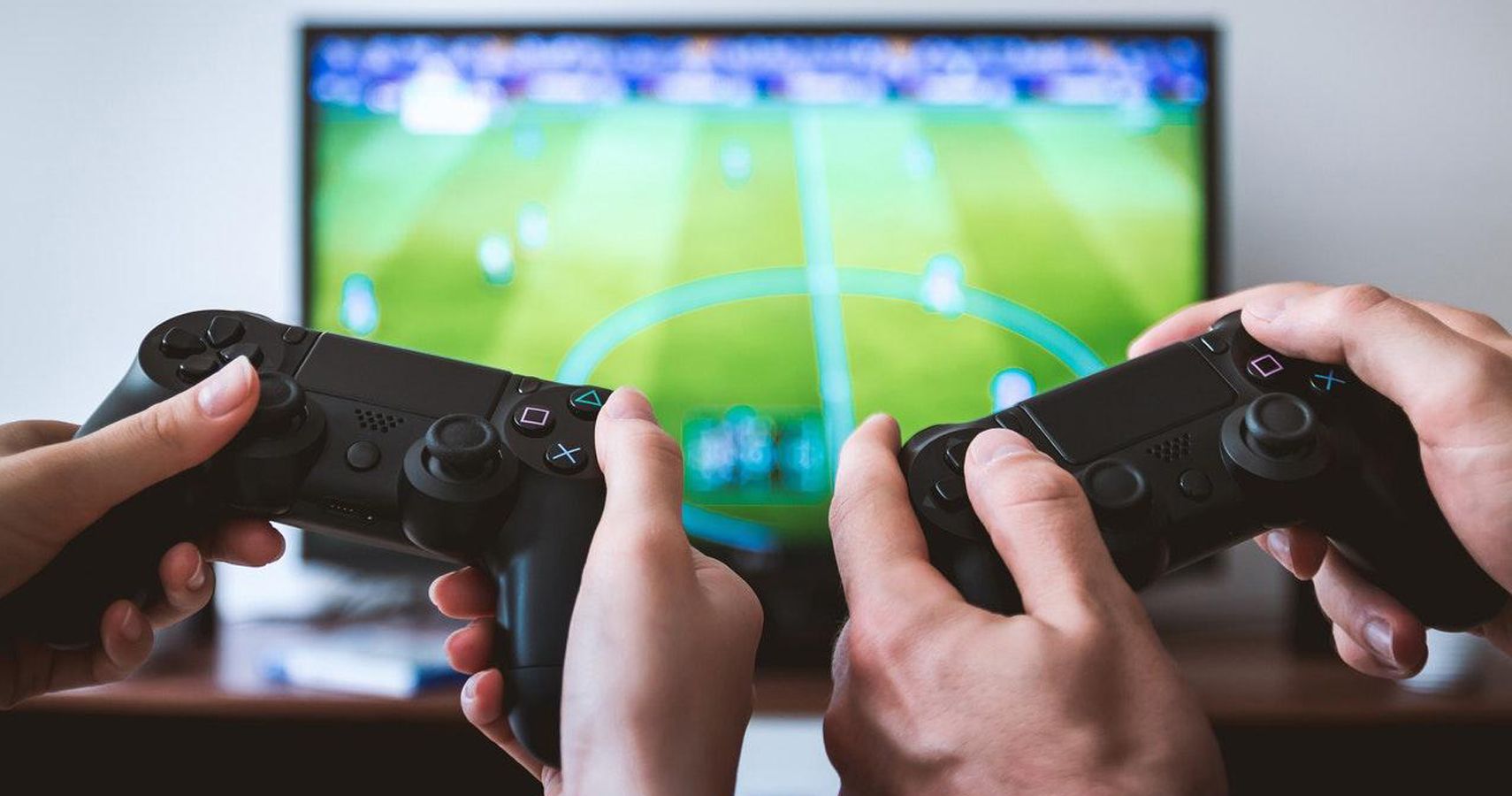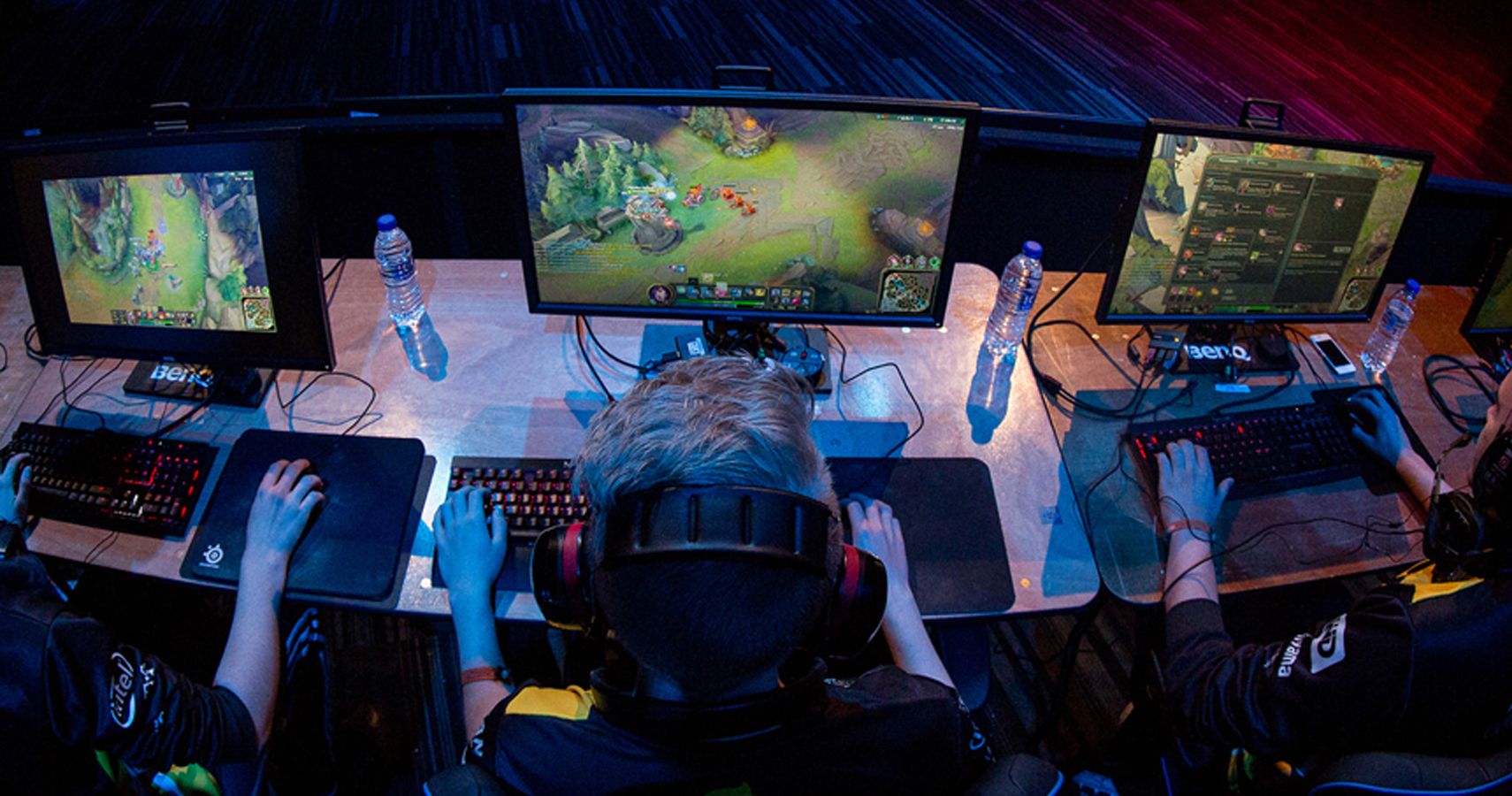If you are currently using your holiday break to relax and play through some of The Gamer News Team’s favorite titles of 2018, you can take additional comfort in the fact that the video games you are playing might actually be improving the way your brain works.
In a recent study conducted by the Chinese University of Electronic Science and Technology, in collaboration with the Australian Macquarie University in Sydney, it was discovered that there may be a correlation between playing action video games and an increase in the volume of gray matter found within the human brain.
The study examined the insular cortex - the part of the brain largely considered to be linguistics center of the brain. Researchers compared the insular cortex of a group of players identified as "Action Video Game experts" along with those of more casual, less-skilled video game players to see if there were any differences in the ways that gray matter was developing and functioning within their brains. The group identified as Action Video Game experts - or, AVGs - were players who have competed in League of Legends and Dota 2 championships at the national or regional level.
Interestingly enough, while the amateur group did not reveal significant results in increased gray matter volume (GMV), the AVGs did in fact see an increase in GMV, indicating “improved coordination between attentional and sensorimotor functions” within the insular cortex. One of the more striking facts listed in the report indicates that “In a typical AVG game, players may complete approximately 150 sensorimotor responses per minute using the keyboard and mouse, which requires coordination between attention and sensorimotor functions;” sensorimotor responses essentially being the brain’s process for performing actions automatically, or without much thought.
For those of us who know video games - and especially with games such as League of Legends and Dota 2 - that number sounds about right. Being in the heat of battle is a delicate dance of knowing what has happened (such as debuffs), what the current situation is, and how long until your next move will take to regenerate. Cramming all of that information in our brain is no small task. And while some would say that the information is useless, we now know that it may actually be benefiting us more than we ever could have thought.
READ NEXT: Marvel’s Spider-Man "Silver Lining" Review: A Conclusion That Swings And Misses


